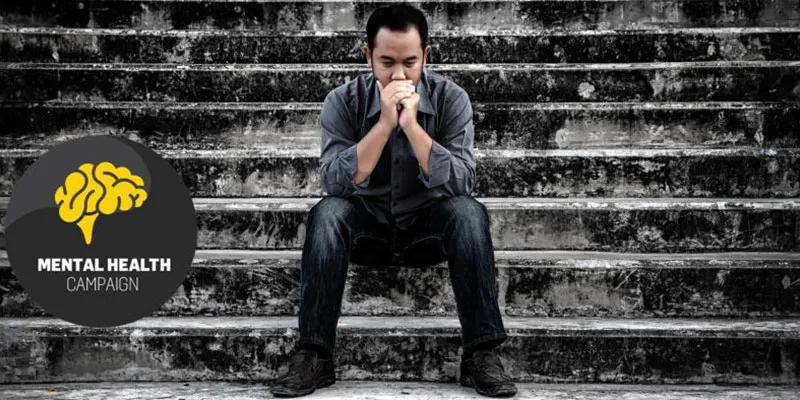Simple measures you can take to get out of a depressive phase
Seeking professional help from a competent psychotherapist is equally important, apart from these exercises that will help you handle your depression.
Although it’s among the most loosely used terms, depression is much more than feeling low or blue. It leaves you with a feeling of helplessness. It not only emotionally drains you but chips away at your hope for better things, leaving one often with a feeling of ‘nothing can make me feel better.’ It may feel like this depressive phase would never end. But it is important for you to understand that it is possible to get out of it. And it needn't be a sudden shift or an overnight magic trick either.

I remember one of my clients who was diagnosed with depression. She was a top performing student in school. With the increasing academic pressure and stress, she was not able to cope with her studies. It even reflected in her marks. Unable to be a rank holder, she felt worthless, and doubted her abilities. It slowly escalated to decreased social interaction, and increased feelings of irritation and frustration. She had a lack of sleep and frequently broke down. It was then that she realised that her life was falling apart, and that she wanted to seek help.
When talking about dealing with depression, the key is to begin small. Feeling better takes time, and it happens by taking one step at a time.
Following are a few steps that can make one feel better when suffering from a bout of depression:
Build social support:
You may feel withdrawn and go into a shell while suffering from depression. Reaching out to family or friends itself becomes very difficult. But it is important to confide in a trusted friend or a family member in this tough time. The person listening to you doesn't necessarily have to solve the problem, but being able to share your feeling and having a good/empathetic listener helps.
Engage in your hobbies:
When nothing seems to work, pushing oneself to engage in activities that might make them feel energetic comes as a ray of hope. Engaging in a hobby acts as a tool for distraction, from the ruminating negative thoughts and the feeling of being stuck and helpless.
Make time for physical exercise:
Feeling fatigue, lazy and lethargic is most common when talking about depression. A small movement like getting out of the bed feels like a huge task. In a case like this pushing yourself to move around a little (maybe with 30 minutes of walking), if not really a full workout, can help relieve depression symptoms.
Dealing with negative self-talk:
People with depression tend to see the world in a negative way. They indulge in self-blaming for everything that goes wrong in their life. This strengthens their feelings of worthlessness, causing low self-esteem. It becomes important to realise that these thoughts are caused due to the depressive phase and do not necessarily hold any truth. Overly engaging in them will do more harm than any good to you. Hence, only acknowledging the negative self-talk without believing in them is the key.
Acceptance:
It is important to realise that the situation/event that led to the current phase of depression cannot be changed; it is in the past. No one really wants to experience such a phase in life, and hence it was not your fault. At the same time accepting that this has happened and finding out ways to cope with it will help.
Seek professional help:
The points mentioned above are definitely worth a try. These, when incorporated into your daily life and practices, would have some positive changes, if not total recovery. At the same time, it is equally important to seek out professional help from a therapist, who can further guide you in overcoming this depressive phase.
Seeking help does not mean you are weak but it is a way to make things better for yourself in the long run.







